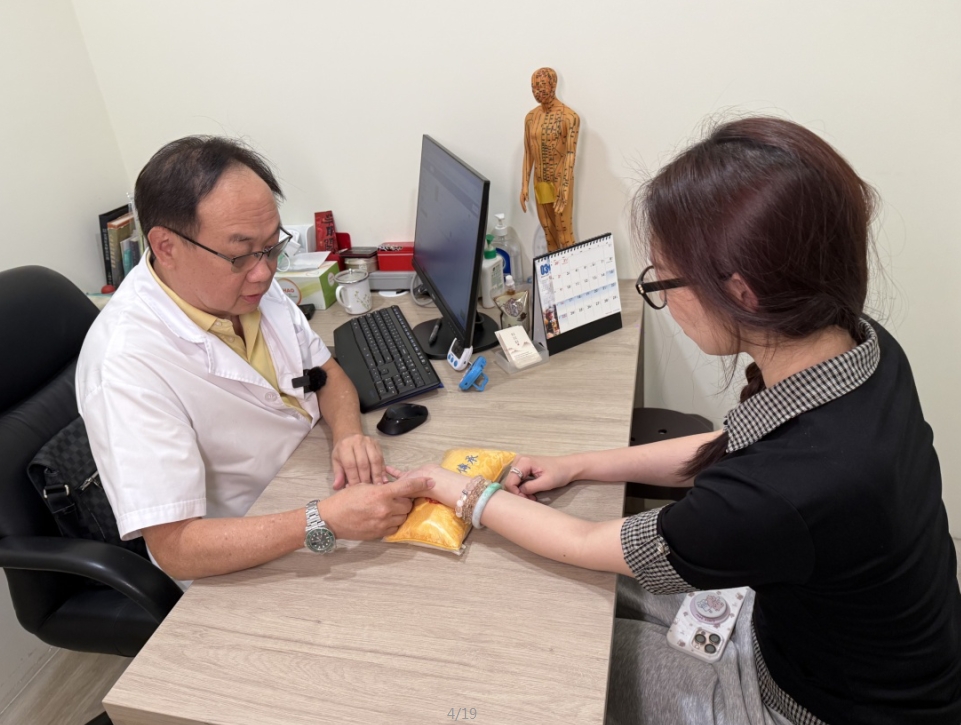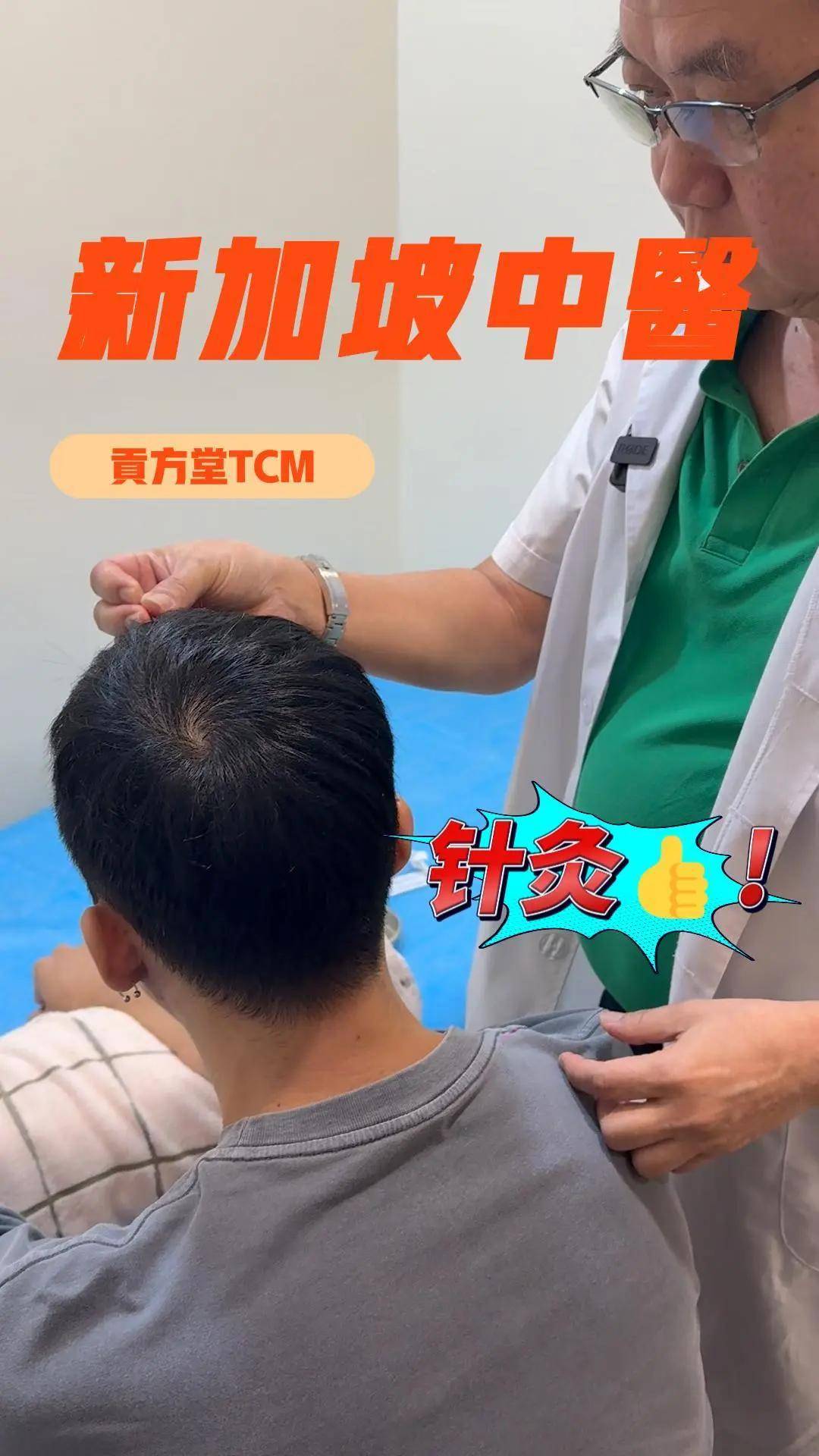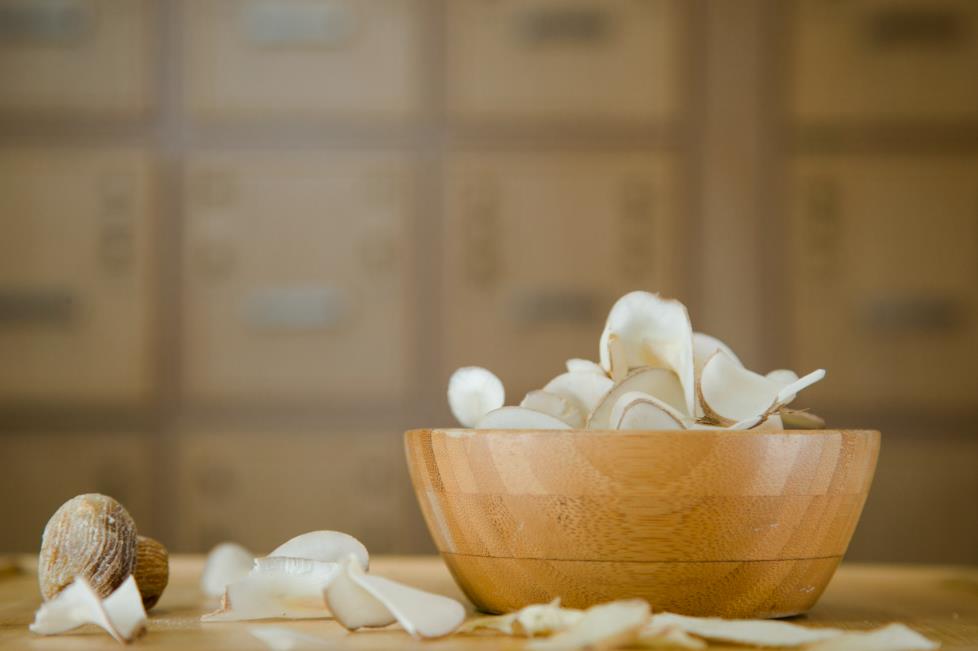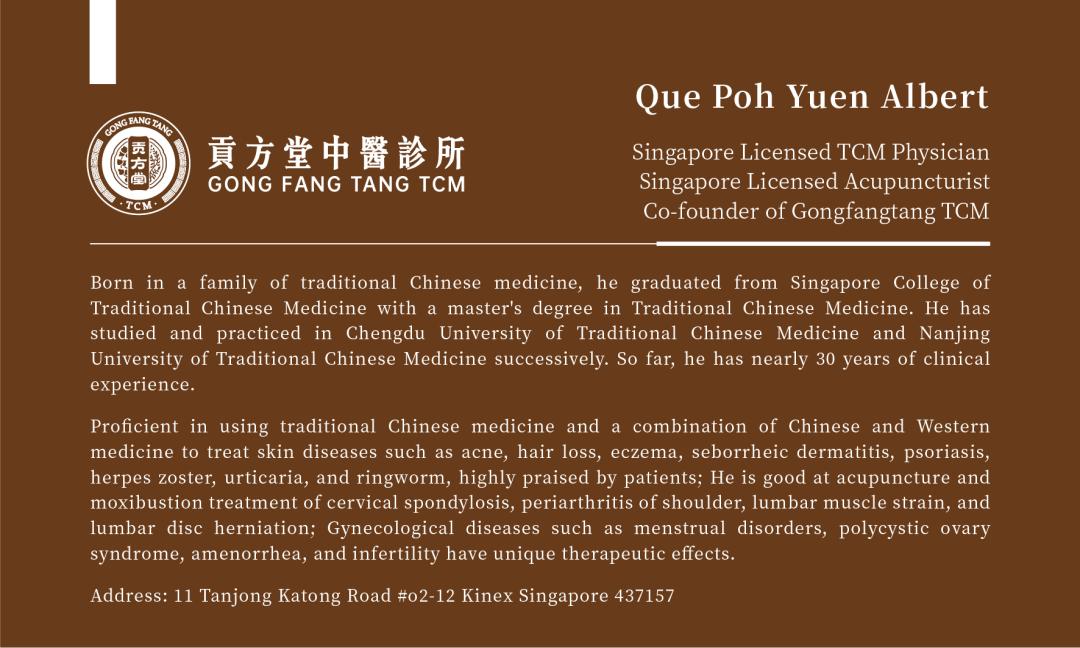- Physicians
- Clinics
- TCM
- Western GP
-
Fees
-
Deals & Privileges
- About & Resources
- Contact Us
In Singapore’s high-speed lifestyle, insomnia has become a common struggle. Many face difficulties falling asleep at night and endure debilitating daytime fatigue, significantly impacting daily life, including work and studies. Dr. Qiu Baorun from Singapore’s Gongfangtang TCM Clinic explains that insomnia, known as “Bù Mèi” in Traditional Chinese Medicine (TCM), is primarily linked to dysfunction of internal organs (such as the heart, liver, and spleen), imbalances in qi, blood, yin, and yang, and disrupted communication between organ systems.

How to Address Insomnia?
1. Herbal Treatment
Dr. Qiu tailors herbal prescriptions based on insomnia subtypes:
- Heart-Spleen Deficiency: Modified *Guipi Tang* (归脾汤, Spleen-Restoring Decoction) to replenish qi, nourish blood, strengthen the spleen, and calm the mind. This formula enhances blood and qi circulation to soothe the spirit and improve sleep.
- Liver Fire Stagnation: Modified *Longdan Xiegan Tang* (龙胆泻肝汤, Gentiana Liver-Clearing Decoction) to clear liver heat, relieve stagnation, and calm the mind.
- Yin Deficiency with Fire: Formulas like *Huanglian Ejiao Tang* (黄连阿胶汤, Coptis and Donkey-Hide Gelatin Decoction) or *Zhibai Dihuang Wan* (知柏地黄丸, Anemarrhena-Phellodendron Rehmannia Pill) to nourish yin, reduce fire, and harmonize the heart and kidneys.

2. Acupuncture Therapy
Dr. Qiu selects acupoints along the Yin/Yang Heel Vessels and Heart Meridian, such as:
- Core Points: Zhaohai (KI6), Shenmai (BL62), Shenmen (HT7), Sanyinjiao (SP6), Anmian (EX-HN22), Sishencong (EX-HN1) to balance yin-yang and tranquilize the mind.
- Syndrome-Specific Additions:
- Liver Fire Disturbing the Heart: Xingjian (LR2)
- Phlegm-Heat Agitation: Fenglong (ST40), Laogong (PC8)
- Heart-Spleen Deficiency: Xinshu (BL15), Pishu (BL20)
Acupuncture regulates the central nervous system to improve sleep quality.
3. Massage Therapy
- Key Techniques: Massage Baihui (GV20), Sishencong (EX-HN1), Fengchi (GB20), and foot reflexology zones to relieve tension, promote qi-blood flow, and induce sleep.
- Self-Care: Gentle scalp combing or temple massage before bed to relax the body and mind.
Dietary Recommendations for Insomnia
- Heart-Spleen Deficiency: Consume blood-nourishing foods like red dates (jujube) and longan.
- Yin Deficiency with Fire: Opt for lotus seeds and lily bulbs to clear heat and nourish yin.
- General Advice: Avoid spicy or stimulating foods, heavy dinners, and caffeine before bedtime.

Case Study:
Ms. Li, 28 (Bank Employee, 3-Year Insomnia History)
Symptoms: Difficulty falling asleep, frequent dreams, morning dizziness, poor concentration, memory decline, fatigue, and low appetite.
- Diagnosis: Deficiency of both the heart and spleen, accompanied by insufficient qi and blood.
- Treatment: Modified *Guipi Tang* to strengthen the spleen, replenish qi, and nourish blood.
- Progress:
- Week 2: Reduced fatigue, improved appetite, 4–5 hours of sleep (still dream-heavy).
- Weeks 3–4: Added two sedative herbs; sleep normalized, occasional dreams, dizziness resolved.
- Final Week: Memory restored after consolidation therapy.

TCM emphasizes syndrome differentiation and treatment, with individualized prescriptions. Specific medication usage and dosage require professional guidance from practitioners for syndrome-based modifications. Strictly avoid self-medication without authorization.